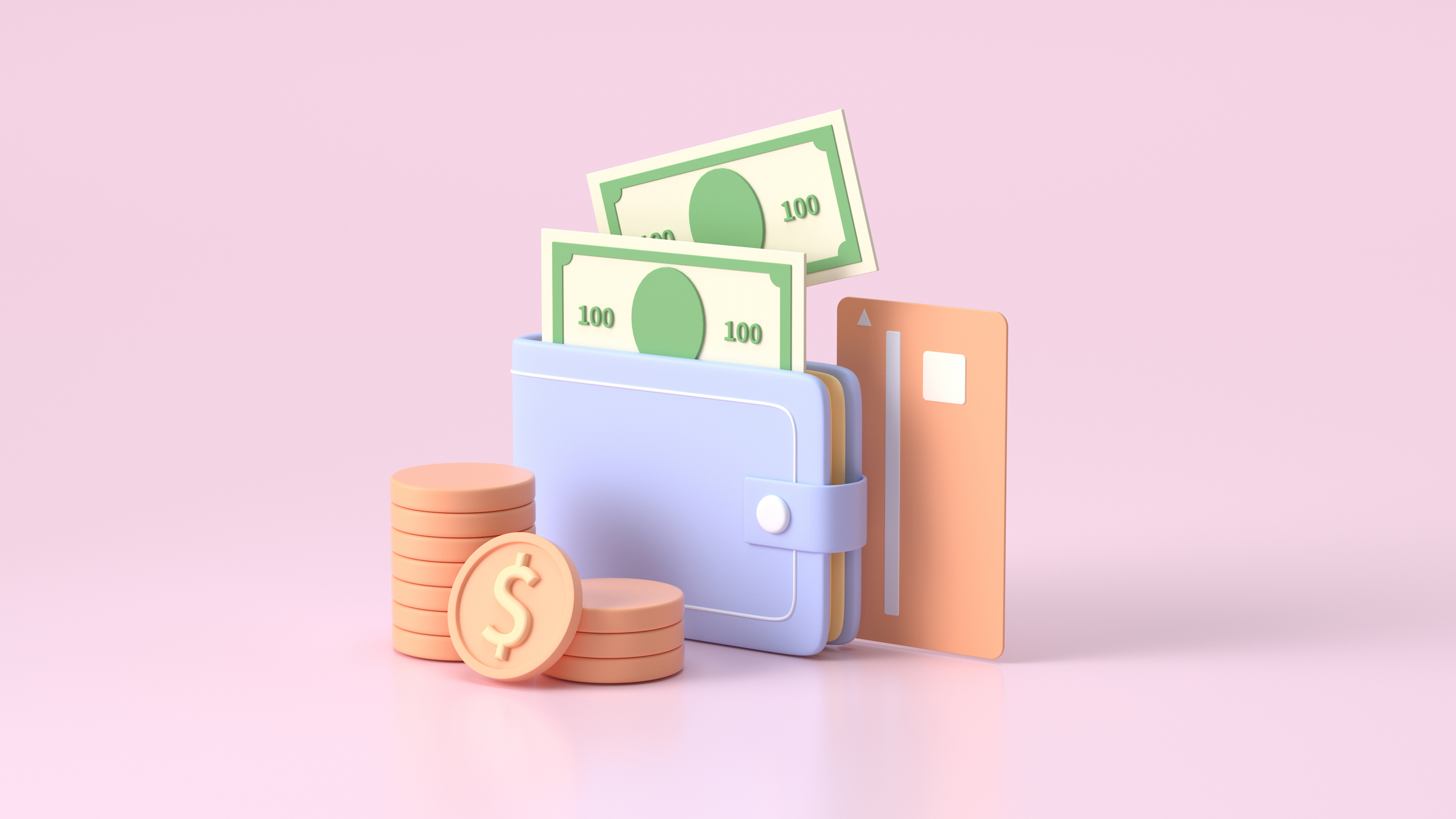Money is top of mind for millions of Americans and reasonably so as inflation soars and a recession looms. “In fact, a recent report from The Ascent shows that 66% of U.S. consumers are vowing to makeover their finances as part of their New Year’s resolutions,” says money-saving expert Andrea Woroch. “Unfortunately, only 20% say they feel confident that they will meet their target, attributing a higher cost of living as the biggest hurdle.”
Whether you have resolved to spend less and save more or pay down debt, don’t let inflation get in the way. Woroch shares with us five effective money moves to make now that promise to improve your financial health.
Automate savings.
“When planning for a big ticket purchase, saving money is a necessary step. But, that’s not the only reason to sock away your dollars. Building an emergency fund is critical in protecting your financial health especially in times of economic uncertainty. Even if you’re working on paying off debt, you need to set aside a portion of your budget towards savings at the same time. This cash cushion ensures you can cover an unexpected bill and weather any financial storm without racking up a bigger credit card balance.
To get ahead, treat your savings like any other bill and pay yourself first. Automating small amounts of money each week such as $10 or $20 to a separate account is another way to boost savings faster without making you feel strapped for cash.
Where you put your savings matters, too. Go with a high yield online savings account like Bread Savings to earn 4% APY which is much higher than the 0.26% national average interest rate offered on savings accounts at traditional banks. There are no hidden fees and only $100 minimum deposit required.”

Rebalance your budget.
“When you’re living lean, saving money or paying down debt may seem impossible. However, there’s a good chance you are spending money on unnecessary and unused services and those dollars could be used more wisely, helping you reach your financial goals faster.
Spend time scrutinizing each bill for potential savings. For instance, a recent study found that 90% of mobile users waste money on unnecessary unlimited data plans. Analyze how much data you actually use and switch to a lower-tiered plan or move to an online-only carrier like Mint Mobile which offers plans with talk, text and data for as little as $15 a month. Other ways to save on monthly bills includes, canceling unused subscription services, increasing your insurance deductible to cut premiums by up to 20%, meal planning to reduce food waste and unplugging unused gadgets to save 10% on energy costs.
Put the money saved on these bills directly toward your savings or debt payments. Since you’re already used to spending it, it won’t be missed.”
Consolidate credit card balances.
“As interest rates rise, debt becomes increasingly more expensive to manage. The sooner you pay off high interest credit card balances, the more room you will have in your budget to build up savings and achieve other financial goals.
While most financial advice says you should pay double to triple the minimum due on credit card bills to get ahead, this isn’t exactly a feasible option for many consumers living on a tight budget. Instead, consider transferring your balance to a 0% balance transfer card. Such promotional offers give you anywhere from 12 to 21 months to pay down debt without interest piling up. Review this list of the 18 best balance transfer cards at CardRates.com where you can compare options side-by-side to find the best one for your needs and credit rating.”

Increase your cash flow.
“Inflation is proving to be a major roadblock in most people’s pursuit to improve their financial situation. Although earning more money through a raise or better paying job would be one solution to this problematic equation, it’s not necessarily the most feasible as we enter a potential recession. But that shouldn’t stop you from trying to increase your cash flow as there are other options.
For instance, sell items you no longer need or use through resale marketplaces, earn some extra cash for sharing your opinion through online survey sites such as Survey Junkie or through virtual focus groups at The Schlesinger Group, find a flexible side hustle that you can do from home such as pet sitting via Rover.com or virtual tutoring at Tutors.com, rent your car when it’s not in use at Turo or unused baby gear by signing up at BabyQuip. The options are truly endless!”
Squash spontaneous purchases.
“Spending an extra $10 here and $20 there may seem harmless at the moment, but it can add up quickly and bust your best budgeting intentions. In fact, a recent report found that the average American spends over $300 per month on impulse purchases. Just think about how far that extra cash could get you each month towards reaching your various financial goals! Limiting these unnecessary purchases starts by identifying and avoiding your spending triggers.
If you can’t resist a sale for instance, unsubscribe from retail newsletters and turn off push notifications in shopping apps that alert you to the latest deals. Instead, look for savings when you need them by using a deal aggregator like CouponCabin.com to find discounts quickly. You also have to consider how your feelings affect your purchase decisions. Indulging in retail therapy after a bad day at work or argument with a partner is a quick way to waste your hard-earned dollars. Find healthier ways to cope with these emotions by going for a walk or calling a friend to vent instead. Finally, dodge big box store temptations by ordering online and choosing curbside pick up. This move may seem drastic but necessary to nip those unnecessary buys instantly.”








